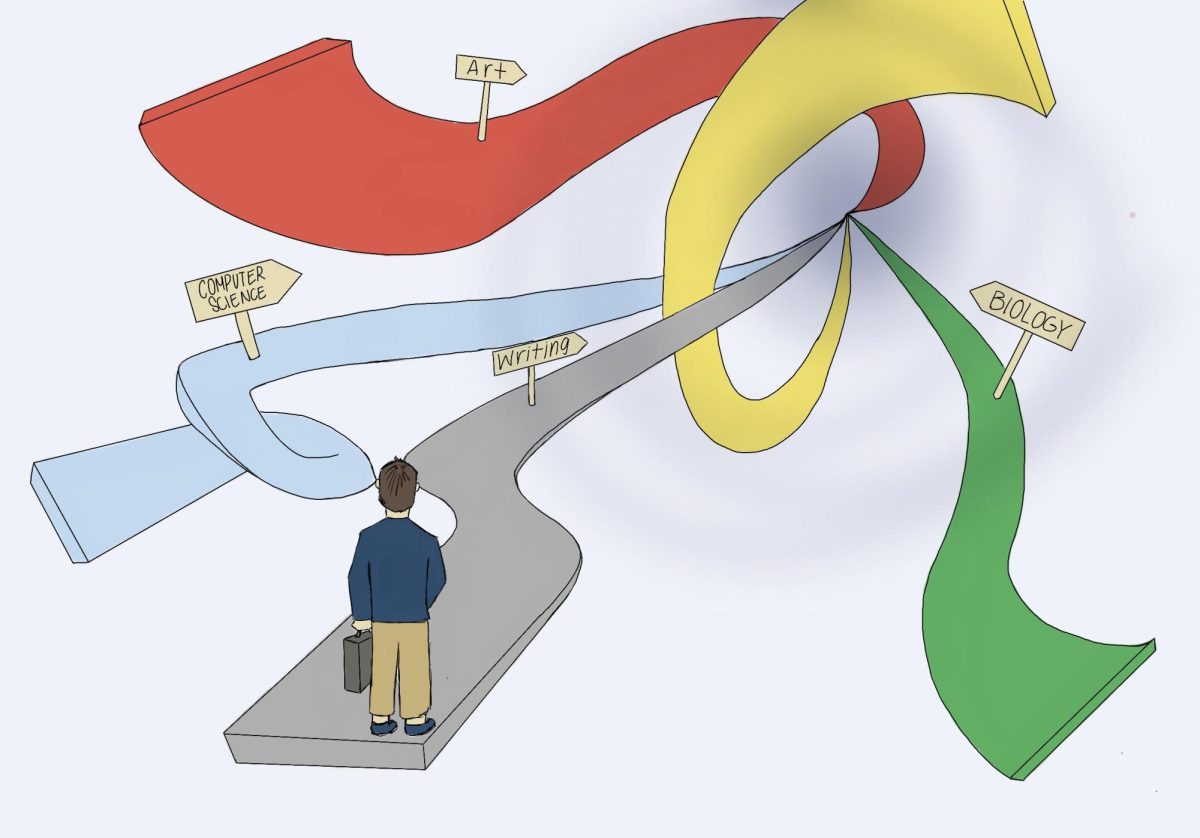Boycotts have long been a successful, non-violent way to hold large corporations accountable. But recent outrage has been aimed in the wrong direction. Instead of creating accountability, recent boycotts end up punishing the wrong people — such as employees, celebrities or brand representatives who had little to do with the controversial decision that sparked the boycott in the first place.
A recent example of this is e.l.f Cosmetics’ August campaign, which featured comedian Matt Rife and drag queen Heidi N Closet. This campaign was marketed as a satirical advertisement about “beauty injustice.” The public called out the campaign, bringing up old jokes that Rife had made regarding domestic violence and the transgender community. They claimed that it was tone-deaf to hire him.
The backlash fell heavily on Rife rather than the marketing team, who gave the green light to create the advertisement. e.l.f. issued an apology statement acknowledging that it “missed the mark,” but took no further action, leading many consumers to feel that this was intentional “outrage” marketing.
Another example of “outrage” marketing is Sydney Sweeney’s bathwater-infused soap collaboration with Dr. Squatch, followed soon after by an American Eagle jeans ad. Both triggered heavy criticism, with many making comparisons to eugenics. Despite Sweeney defending these ads, the public’s criticism fell mostly on her rather than the marketing strategies, which were the driving force behind these campaigns.
It’s also important to note that both Rife and Sweeney were simply hired to do a job, and Rife’s past jokes had no correlation to the e.l.f advertisement. That being said, if anyone’s to blame, it’s the marketing team who didn’t take Rife’s past into account.
Big corporations like Starbucks face different issues. After Starbucks Workers United gained massive attention over a pro-Palestinian tweet in 2023, the chain faced boycotts facilitated through social media. The loss of income from the boycott ended up affecting workers and baristas rather than executives, despite only one Starbucks worker actually being behind the tweet and having that controversial opinion.
Boycotts can sometimes hit their intended targets— Starbucks admitted its sales did take a hit, but often, it’s the workers’ wages that end up being cut, and it’s local communities that are forced to take on the blame for someone else. There’s a recurring pattern, especially facilitated by how fast information spreads online, that workers and locals become targets when a company’s image shifts, regardless of who is making the decisions.
In early 2025, President Donald Trump’s rollback of diversity, equity and inclusion (DEI) programs sparked nationwide backlash. The People’s Union USA created “Economic Blackout” boycott days to try and urge customers and consumers to avoid purchasing from large retailers such as Walmart, Target and Amazon. The boycotts that followed the DEI rollback were arguably successful, as admitted by Target CEO Brian Cornell.
Activist leaders such as Rev. Al Sharpton and the National Action Network (NAN) initiated boycotts and started protests in response to corporate rollbacks of DEI. They also supported “buy-cotts,” urging people to purchase from places that continued to keep their DEI commitments.
Boycotts may be able to shine a light on issues, but they’re not the only way to keep people in power accountable. Instead, we should inform ourselves and be able to make decisions on our own, rather than following the crowd on social media. It’s important for people to recognize that boycotting has become a popular trend rather than an informed decision to support a cause.







